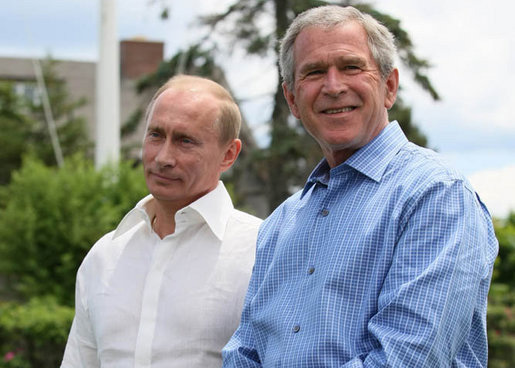Beyond Advertising: The Pharmaceutical Industry's Hidden Marketing Tactics
In early January, the U.S. House Committee on Energy and Commerce began investigating celebrity endorsements in television ads for brand-name drugs. The investigation was sparked by Pfizer's commercials for its best-selling cholesterol drug Lipitor. These direct-to-consumer (DTC) ads feature Dr. Robert Jarvik, a pioneer in the development of the artificial heart. Viewers are not told that Jarvik is not a cardiologist, nor is he licensed to practice medicine. His presentation as a trusted expert, Pfizer presumably hopes, is enough to persuade viewers to ask their doctors for Lipitor by name. And that would help erode the increasing competition from generic alternatives.

 Ketchum
Ketchum

 A February 9 Los Angeles Times
A February 9 Los Angeles Times  When the dangers of smoking first became widely known, cigarette companies secretly hired biomedical scientists to create confusion.
When the dangers of smoking first became widely known, cigarette companies secretly hired biomedical scientists to create confusion.